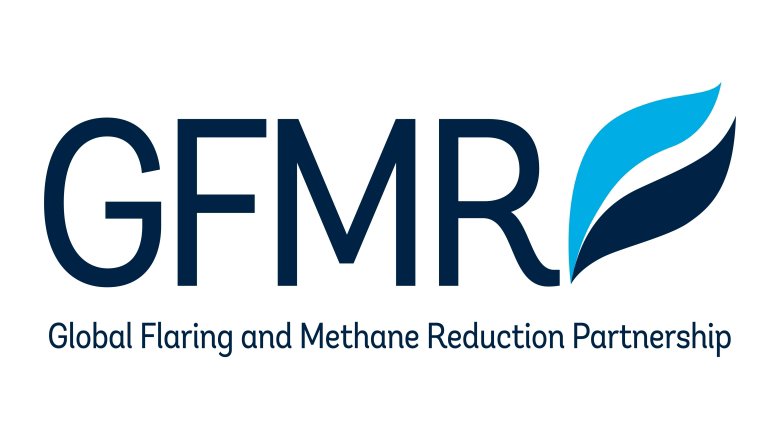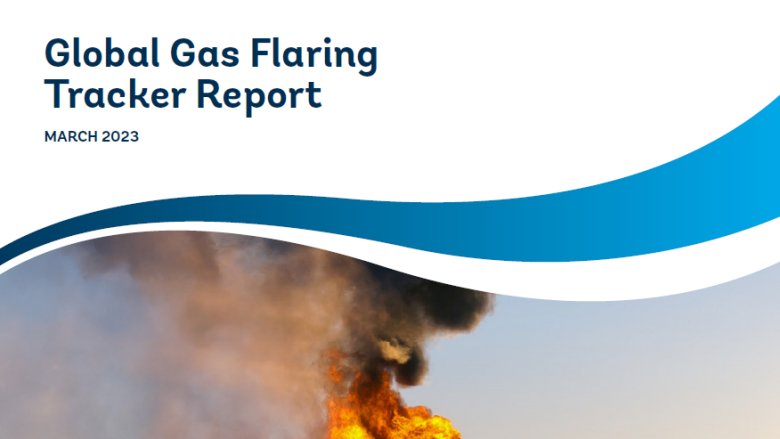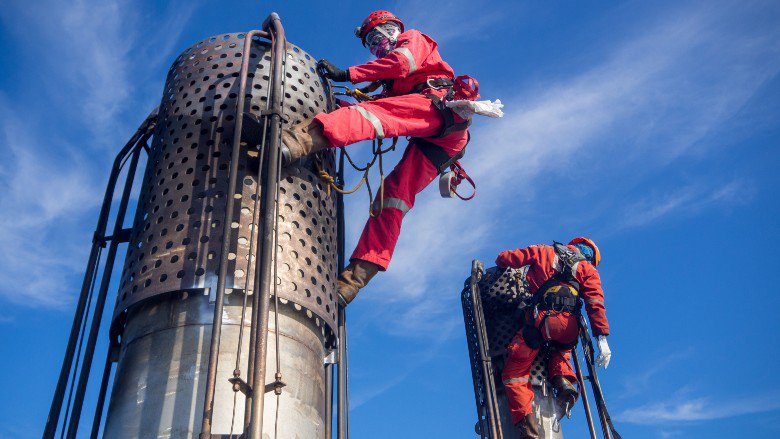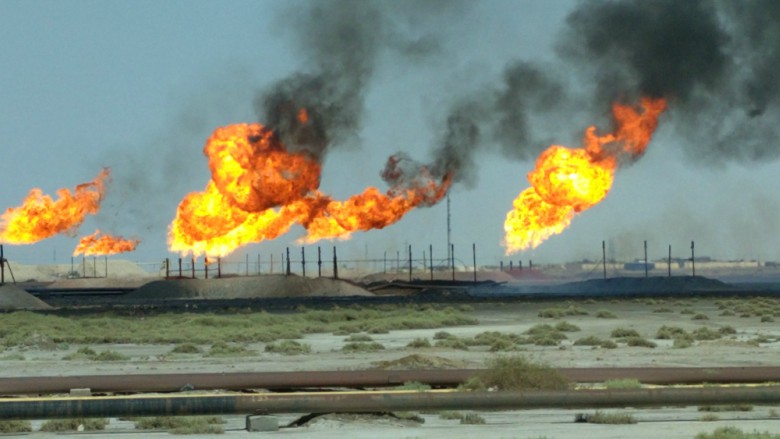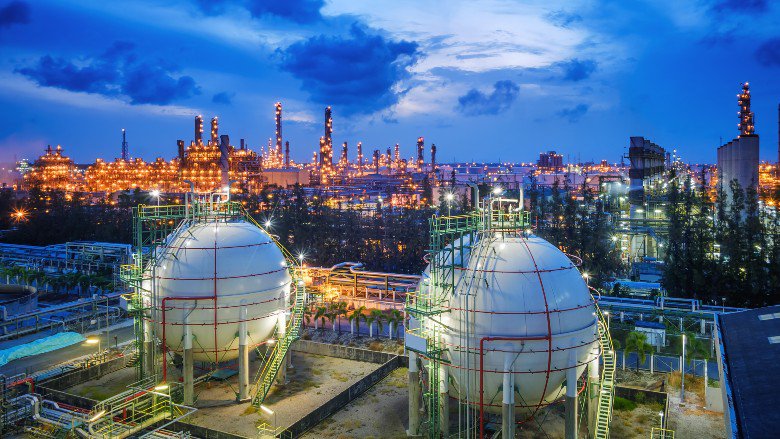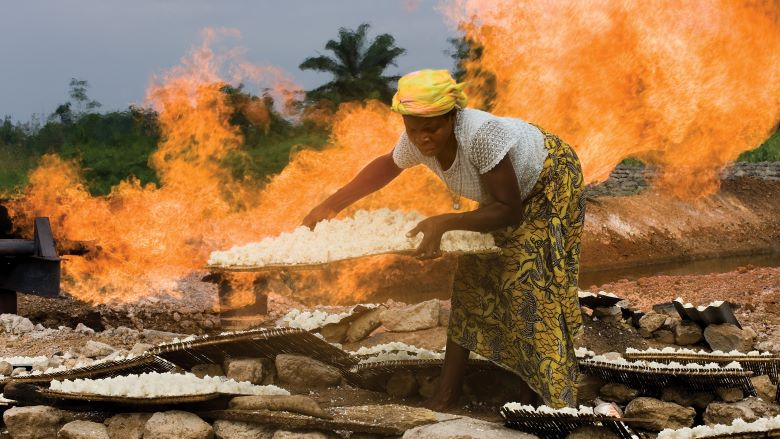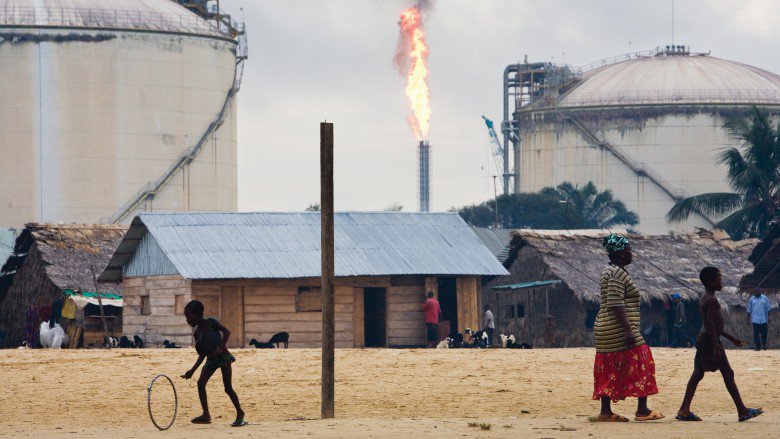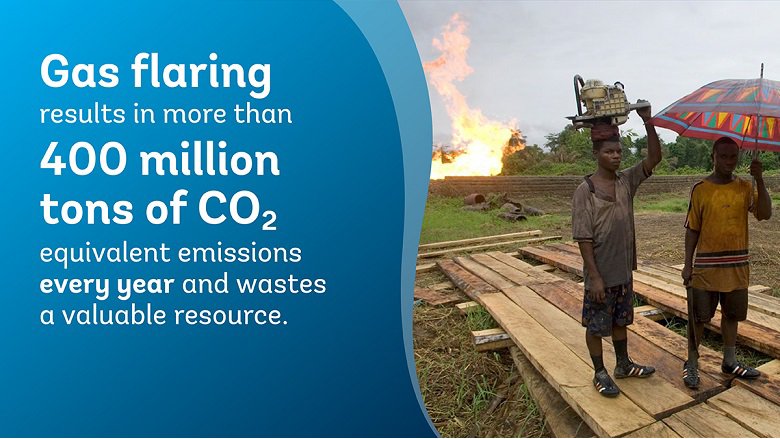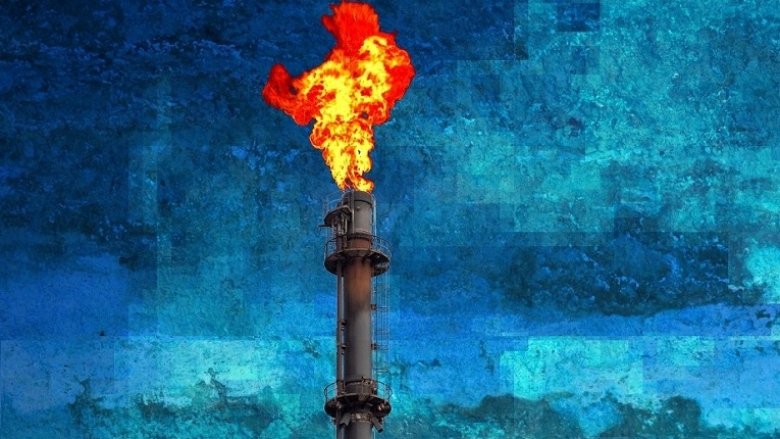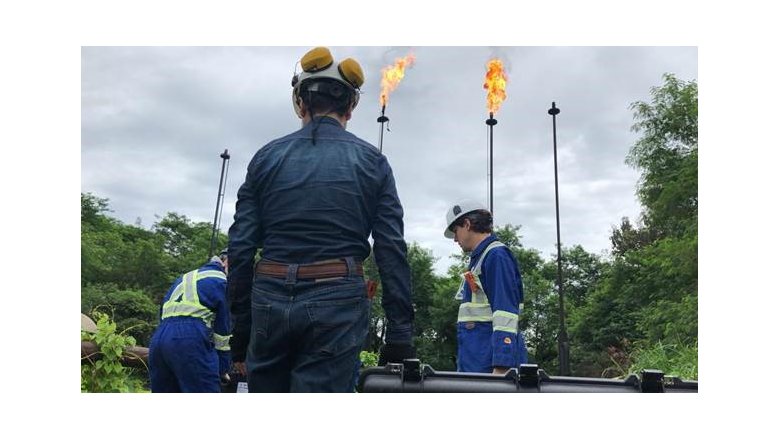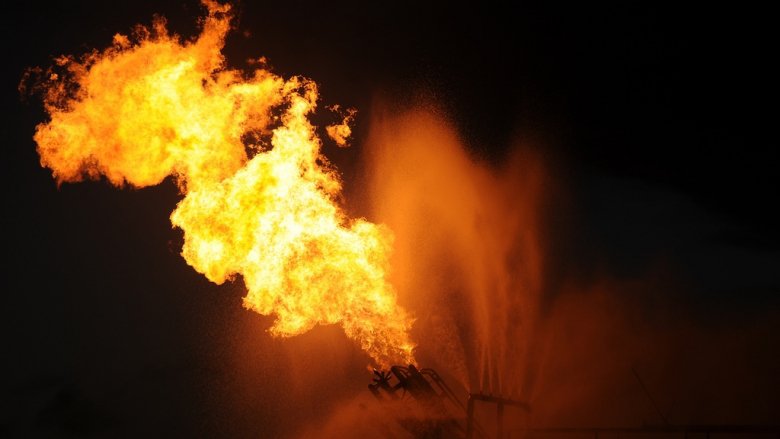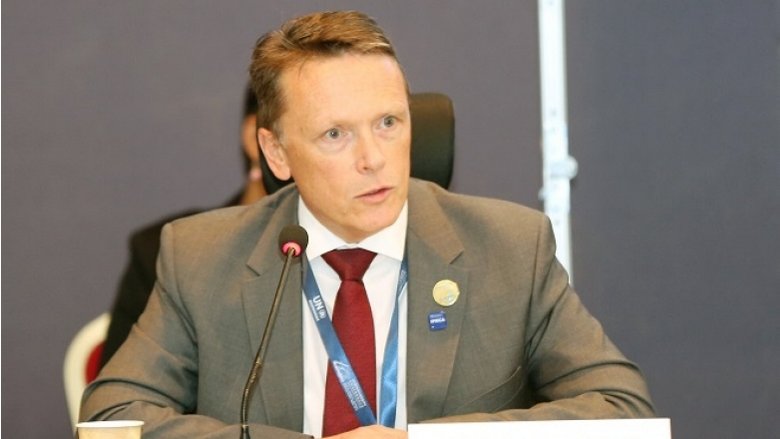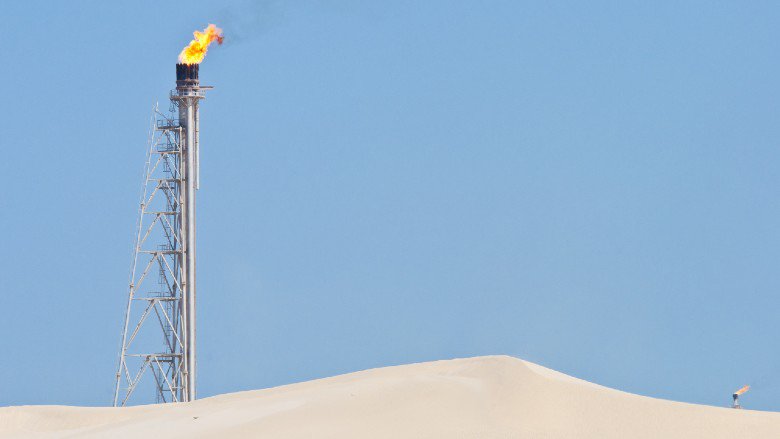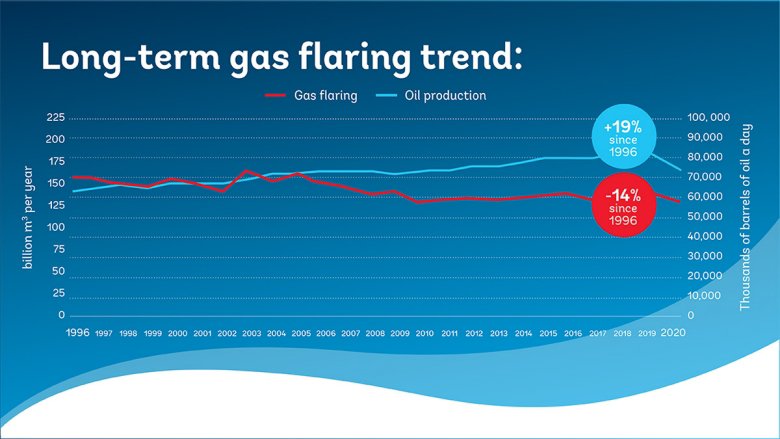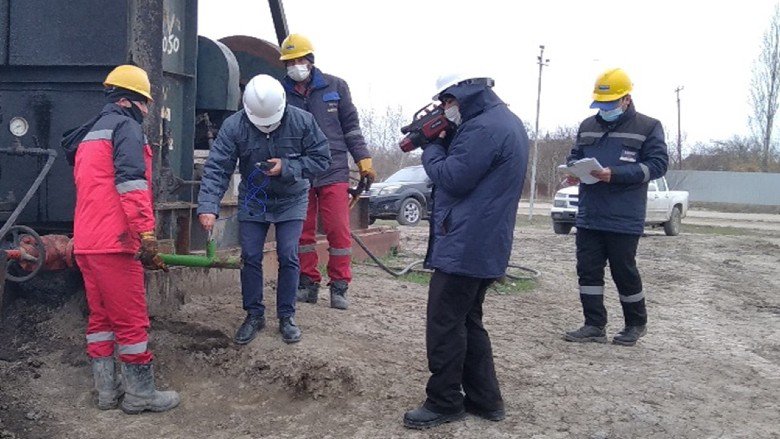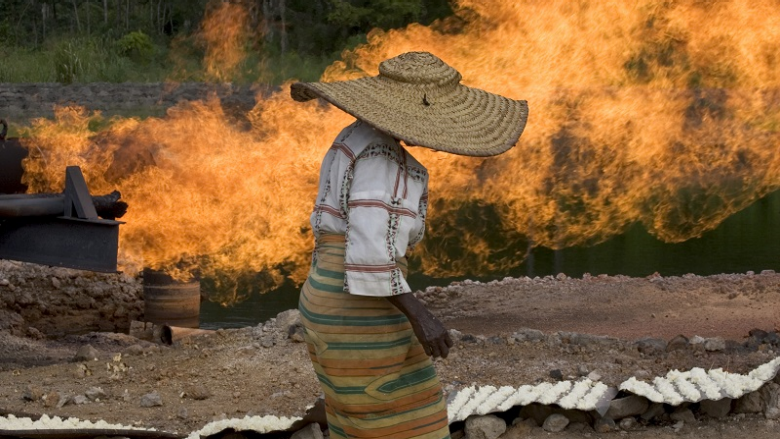The World Bank's Global Flaring and Methane Reduction (GFMR) is a multi-donor trust fund supported by governments, companies, and multilateral organizations committed to ending routine gas flaring and reducing methane emissions from the oil and gas sector.
To help developing countries rapidly cut flaring and methane emissions, GFMR provides governments and state-owned entities with programmatic support. This includes catalytic grant funding, technical assistance, policy and regulatory reform advisory services, institutional strengthening, and mobilizing finance to jump-start and accelerate the deployment of flaring and methane reduction solutions.
Gas Flaring
During oil production, the associated natural gas, composed mainly of methane, is often treated as waste, and flared (burned) or vented directly into the atmosphere. This occurs when economic, regulatory, technical, or infrastructure barriers prevent it from being used as a fuel or when re-injecting it back into the reservoir is not possible.
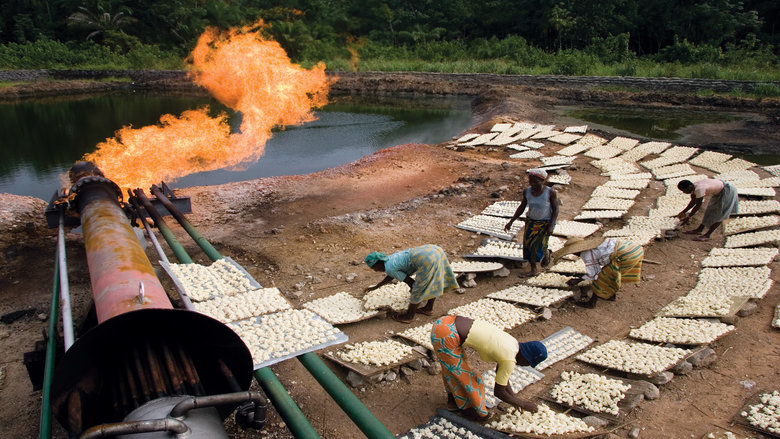
GFMR estimates that global upstream gas flaring increased to 151 billion cubic meters (bcm) in 2024, up from 148 bcm in 2023. Flaring wastes natural gas that could be used for productive purposes, such as power generation, especially in countries where access to energy is limited. The value of this wasted gas is estimated at between US$19 and US$63 billion respectively, based on 2024 US Henry Hub and European Union (EU) import prices, and the amount is comparable with the total gas consumption in Africa, about 162 bcm.
Gas flaring also contributes to climate change and negatively impacts the regional and local environment through the emission of carbon dioxide (CO2), unburnt methane, black carbon, and other pollutants. Each cubic meter of associated gas flared is estimated to produce 2.6 kilograms of CO2-equivalent (CO2e) emissions. At current levels, global flaring is estimated to result in about 400 million tons of CO2e emissions annually.
Zero Routine Flaring by 2030 initiative (ZRF)
GFMR advocates for ending routine gas flaring by garnering commitments for the Zero Routine Flaring by 2030 initiative (ZRF). Governments and companies that endorse ZRF commit to no routine flaring in any new oil field developments and to end routine flaring at existing (legacy) oil production sites as soon as possible and no later than 2030. Venting, when the associated gas (mostly methane) is just released unburnt into the atmosphere, is never an acceptable substitute for flaring.
Methane
Methane is a potent greenhouse gas with a global warming potential up to 80 times greater than carbon dioxide on a 20-year basis. Methane’s overall contribution to the global increase in temperature is second only to that of carbon dioxide.
However, methane only remains in the atmosphere for around a decade, compared to centuries for carbon dioxide. Rapidly reducing is one of the most important short-term climate actions we can take.
Oil and gas operations release methane through the wasteful practices of flaring and venting, as well as through the unintentional release of fugitive methane emissions (leaks). The oil and gas industry is responsible for roughly a quarter of global anthropogenic methane emissions and about half of these emissions occur in developing countries.
Deploying the full potential of methane reduction solutions in the oil and gas sector could avoid roughly 0.1 degrees Celsius of warming by mid-century—equivalent to zeroing out the emissions of every single car and truck in the world. Methane mitigation, however, only receives a fraction of climate finance. The GFMR Partnership supports countries that lack the capacity and resources to address emissions while also leveraging billions of private and public sector finance.



